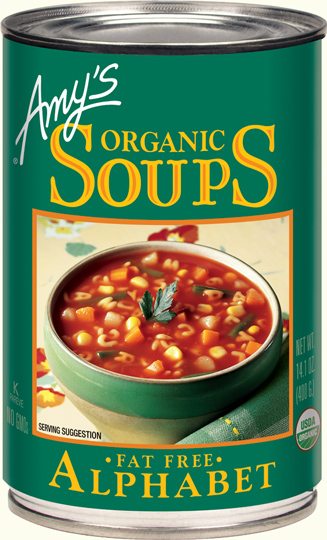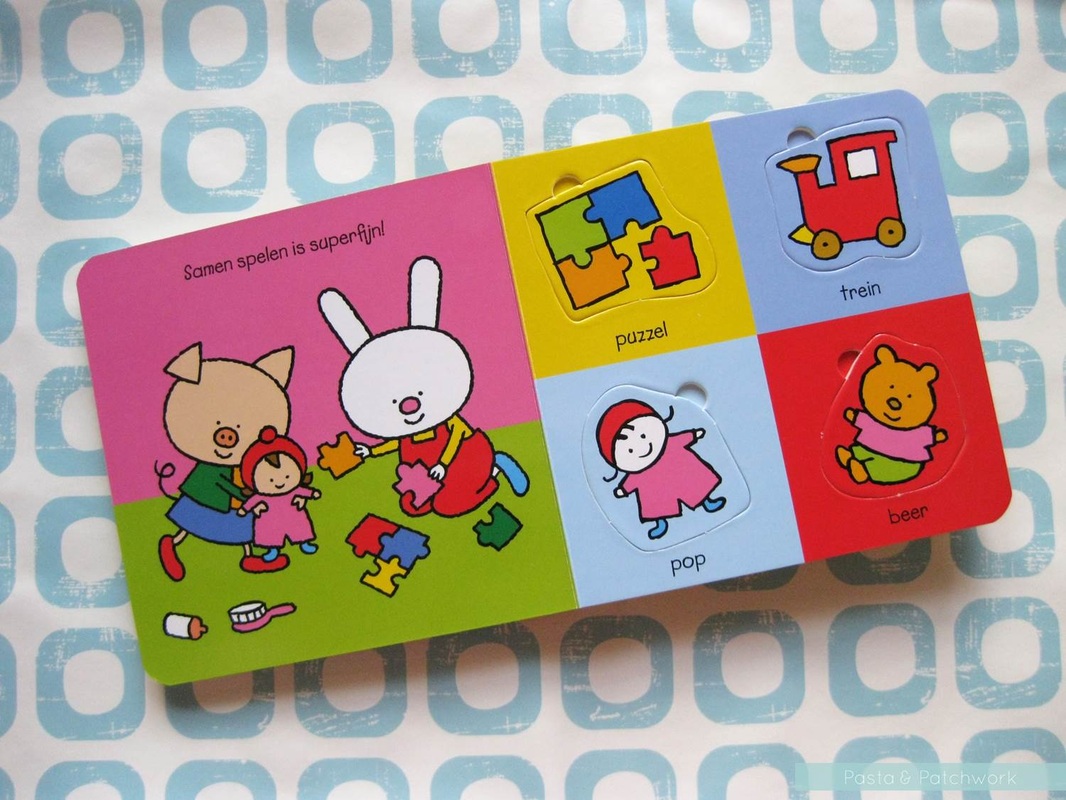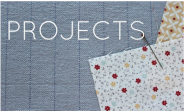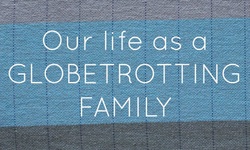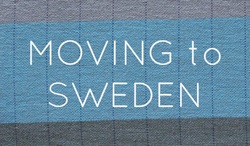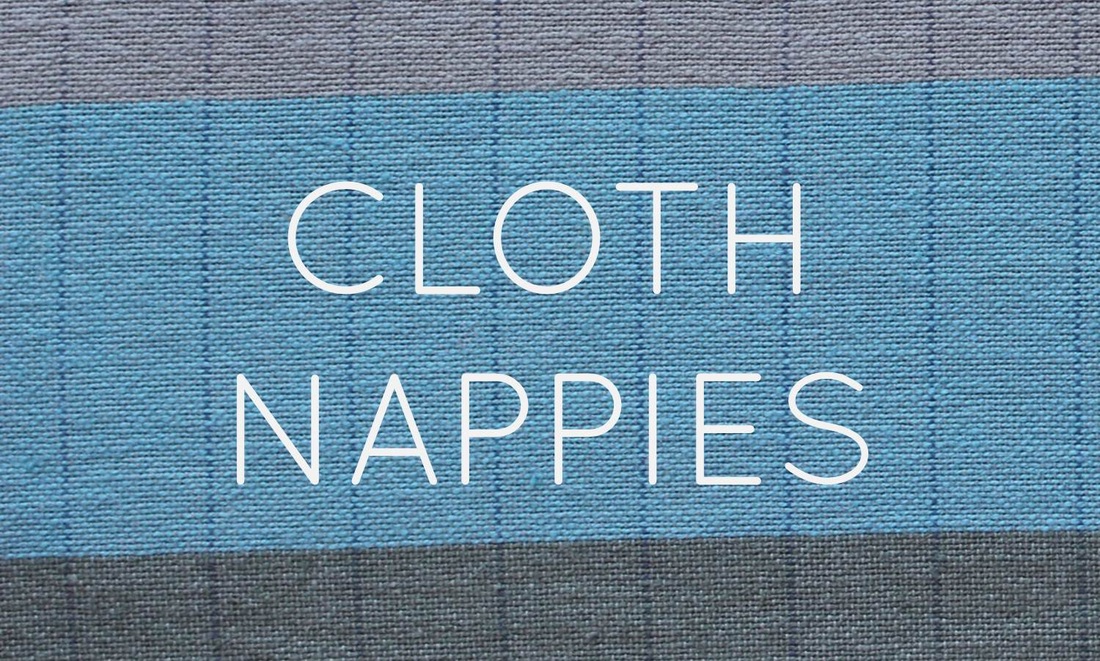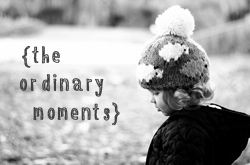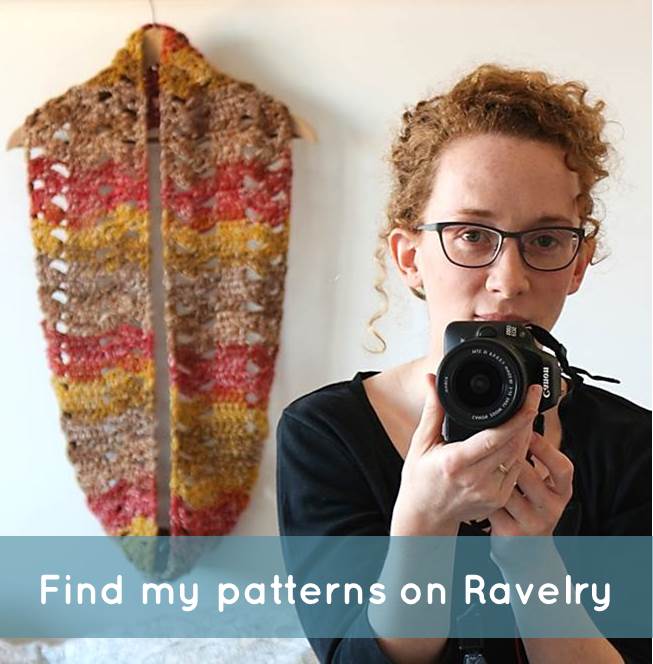And then there are the languages.
I speak Flemish (which is the same as Dutch) to the Bean
Mr P&P speaks English to the Bean
Mr P&P speak English to each other
The Bean goes to a regular Italian nursery
Which means that he is being brought up trilingually, making him either very lucky or very confused. I don’t know, and we’ve had many a discussion about whether or not we are doing the right thing. We worry about whether three languages is too much, whether he’ll speak none of them properly and hate us for ever and ever.
We did, in the end, decide we had to try. Both Mr P&P were brought up in bilingual environments and have really benefitted from it. Both of us learn new languages easily, and between us we now cover 7 to varying degrees of competency. As a translator, languages are my bread and butter. How could we not at least try to give the Bean these same skills?
Our approach so far has been:
1. Be consistent
Each parent sticks to their own language when talking to the Bean. We have asked the nursery teachers not to speak to him in English, so that the distinction between the languages remains clear. When we’re with Italian friends it does get a bit confusing for all of us, but I generally stick to this rule: if I’m only addressing the Bean, I stick to Flemish.
2. Be creative
We try to stimulate his interest in talking and language in various ways: reading books (always on the present wish list!), singing songs, watching cartoons. He is starting to like activities involving the naming of objects and matching things, so puzzle books like this are really fun to do with him:
Though I would love for the Bean to pick up all three languages, we can’t force him. We decided early on that we would never pressure him, never admonish for speaking the “wrong” language to one of us, never make a fuss. All we can do is encourage, gently, and take our cue from him.
4. Be flexible
We can’t predict how the Bean’s language skills will develop. We know that some multilingual children start to speak at a much later age than is deemed “normal”, that some of them mix their languages for years, that some have a clear preference for one language over another. It may well turn out that we need to change our approach at some point, or abandon one of the languages altogether. Time will tell, but we are certain that we don’t want to doggedly enforce something that isn’t working.
As you’ve probably guessed, coping with this patchwork of languages is still as much of a learning curve for us as it is for the Bean. So far, his understanding of all three is very good, and he’s surprised us by starting to talk quite early. He’s very, very keen to talk, but then he has always been a sociable baby.
I would say that the predominant language is currently Flemish, but he’s pragmatic, this boy: he pick the words that are easiest from each language!
Unsurprisingly, his first words were ones that sound similar in Flemish and English:
Boo (boek/book)
Bea (beer/bear)
Meh (melk/milk)
Wa-wa (water/water)
There are also words that he mixes, as in:
Aapey (aap+monkey)
Funnily enough, we have little idea of how many Italian words he can say. It could be that we’re not listening out for them, but I do get the impression that he knows Italian won’t get him very far in our household!
It’ll be very interesting to see how things progress over the next few years, and especially whether we will manage to stay relaxed about it when he needs to start reading and writing at school.
